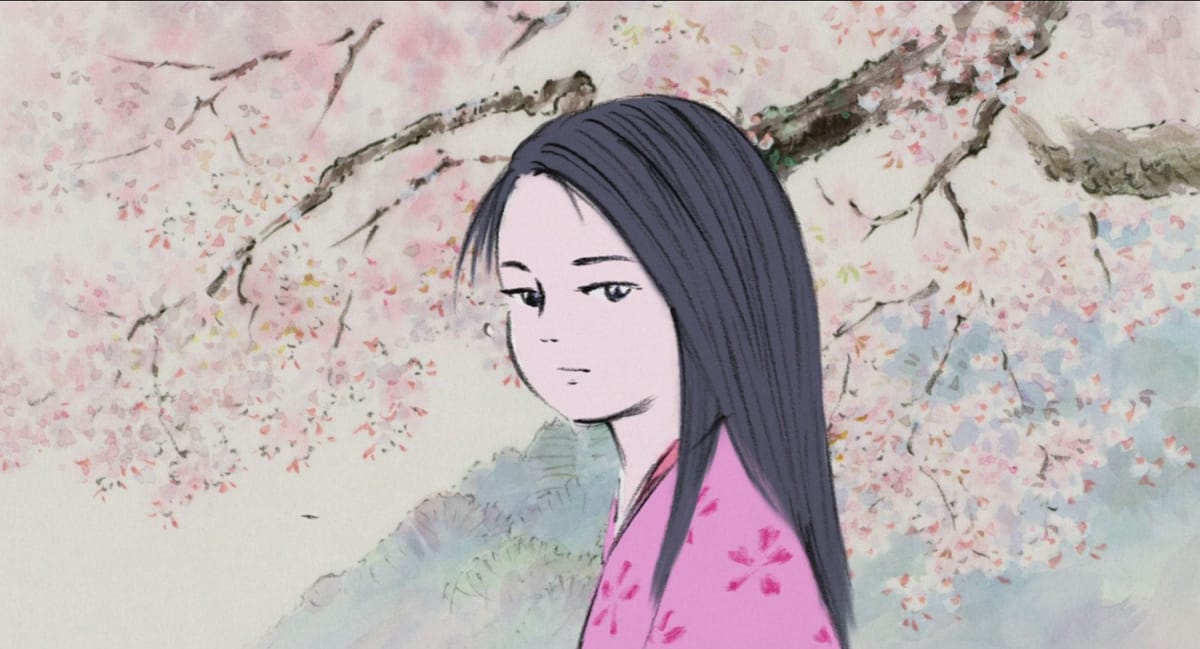These articles are not movie reviews in the traditional sense of the word. And full of spoilers.
THIS PROJECT IS BASED ON FOLLOWING PREMISES:
One’s actions/reactions are informed and determined by one’s self-image. And thus, even seemingly irrational actions/reactions usually have their own ‘logic’ about them. Hence the best way to grasp such a ‘logic’ is to analyse an actor’s self-image that informs her/their/his actions/reactions and

Only God Forgives (2013)
Universally Condemned In early 2013, speculation on a new film by Danish filmmaker Nicolas Winding Refn featuring Ryan Gosling generated great anticipation amongst film critics and indie/art film enthusiasts. Their previous collaboration, Drive, was an instant success, and Gosling’s involvement suggested that the new film would be its

Shame (2011)
Introduction Steve McQueen’s second feature film, Shame, is a masterpiece that provokes many emotions at once, none of which arrive gently. Whilst the story is driven by the protagonist’s sex addiction, like any aesthetically accomplished work, it is philosophically complex. And thus, the alleged central theme is only

The Handmaiden (2016)
The Handmaiden (아가씨, or Agassi, which literally means ‘Lady’) is the tenth feature film by one of the most acclaimed South Korean directors, Park Chan-wook (박찬욱), who is renowned for his brand of highly sophisticated aesthetic representation of hyper-violence, darkly complex human psychology and deviant sexuality. Whilst yours truly is

Night Fishing (2011)
Night Fishing (파란만장, or Paranmanjang, which literally means: ‘Ups and Downs’, or better interpreted as ’An Eventful Life’ in the context of the film) is a short film written, produced and directed by PARKing CHANce, a team of brothers, Park Chan-wook and Park Chan-kyong. It won the Golden Bear for

Phoenix (2014)
What would you do when you look and feel different from the person you used to be? How do you maintain your sense of self when you have been altered either internally and externally to the point where you struggle to recognise ‘you’ in yourself? The Story Christian Petzold’s

Transit (2018)
Becoming an expatriate comes with a host of challenges, and sometimes with benefits. Yet, the word fails to establish a solid semantic relation to the concrete ‘reality’ to which it is meant to refer. This is because people leave their ‘home’ for all sorts of reasons, and by whatever means

Beanpole
War is followed by peace. The above statement is true, yet misleading. Whilst it is literally and logically true, what it implies does not correspond to the hope to which you might have clung during the relentless onslaught of violence, horror, and devastation. Whilst the absence of military operations means

Leviathan (2014)
Andrey Zvyagintsev’s Leviathan is a cinema of considerable depth and scope, with great complexity. At first look, the story appears quite straightforward, and the message of the film seems unmistakably clear. The basic storyline tells us a tale of a helpless car repair shop owner, Kolya (Aleksey Serebryakov), who

Transit (2013)
What do you do if your host country suddenly decides to force you to part with your children by deporting them? This is the question Filipino director Hannah Espia confronts us with in her debut feature, Transit. Whilst this film, set in Tel Aviv, is about a Filipino family’s

Crouching Tiger, Hidden Dragon (2000)
Crouching Tiger, Hidden Dragon is a gorgeous visual feat which singlehandedly legitimised Wuxha films beyond Asian audiences and Wuxha enthusiasts. Even though I enjoy it when the opportunity presents itself, I am not a Wuxha film fan, or an enthusiastic follower of action films in general. Yet, this film offers

The Conformist (1970)
Bernardo Bertolucci’s seventh feature film, The Conformist, was released right at the heel of Luchino Visconti’s The Damned (Götterdämmarung) (1969). Both movies explore Europe’s darkest moment; whilst Visconti dealt with the creeping process by which Nazism took hold of German society, Bertolucci chose to confront his own
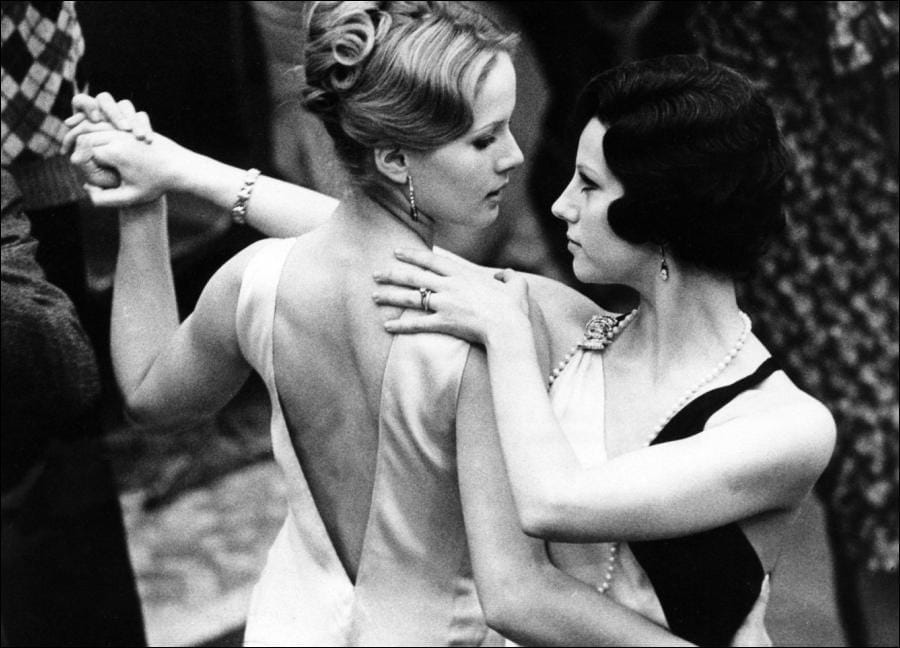
Death in Venice
Luchino Visconti’s Death in Venice is based on Thomas Mann’s novella of the same title, which was originally published in 1912. It is about a German composer, Gustav Aschenbach (Dirk Bogarde), who attempts to escape his life crisis by going to Venice for a vacation. Upon his arrival,

The Tale of Princess Kaguya (2014)
I never start a review by making an assertion, but for once, allow me to make an exception. The Tale of Princess Kaguya is not only the finest feature film by Studio Ghibli co-founder Isao Takahata (Grave of the Fireflies, Only Yesterday, Pom Poko); it is arguably the crowning achievement

The Imitation Game (2014)
The Imitation Game tells a story about the singular life of a British mathematician, a logician, a celebrated codebreaker, the pioneer of modern computing, the first person who conceived of the concept of Artificial Intelligence (AI), and a prosecuted homosexual, Alan Turing. Since enough has been written about the ’historical

When Marnie Was There (2014)
When Marnie Was There is a milestone not only for Studio Ghibli and its fans, but anyone who enjoys quality films that can be shared with the entire family. It is the second feature film by Hiromasa Yonebayashi (The Secret World of Arietty), and the last movie from Studio Ghibli

The Dam Keeper (2014)
The Dam Keeper is a short animation film which lasts only 18 minutes, and it offers my favourite 18 minutes on the screen. Despite the brief running time, it offers a rich and deeply rewarding viewing experience of the best feature films in all aspects: characters, storytelling, artwork, music, and

Anthropoid (2016)
What does one seek in the experience of viewing a film? The most likely answer is: being entertained. It is just one of numerous modern-day distractions competing for one’s time, money, and attention. One would just sit, chew whatever that fits in one’s mouth, moving one’s gaze

Loving Vincent (2017)
Loving Vincent is a love letter whose true recipient has been long gone: a Dutch painter, Vincent Willem Van Gogh, died of infection caused by an untreated gunshot wound, which was inflicted in uncertain circumstances in Auberge-Ravoux, a small village near Paris. Despite unanswered questions regarding what led him to

Tenet (2020)
Preamble British director Christopher Nolan’s carrier has been a distinguished one. Like his illustrious compatriot, Ridley Scott, he has been famed for his ability to reliably craft ‘thinking persons’ studio feature films’. Whilst Scott has been credited with elevating the Sci-Fi genre, Nolan has been praised for his contribution

Woodshock (2018)
Notice: The subjects of the film reviewed in this article include substance abuse, clinical depression, and euthanasia. What will you do if you could relate to no one, yet everyone wants a piece of you and refuses to leave you alone? What if you are in perhaps a ‘well-meaning’ yet

The Blackcoat’s Daughter (2015)
I have never been much of a ‘believer’; in fact, I have had trouble with the very notion of ‘faith’, which seems to imply a subject attempting to justify one’s judgments and actions solely based upon the intensity of one’s will, rather than the result of the critical

No Light And No Land Anywhere (2018)
Have you ever found yourself lost in the world that is utterly absurd? Suddenly, you fail to recognise anything familiar to orient yourself. In a mirror, the reflection of a stranger blankly stares you back. You become dissociated from your physical sensations. You lose the ability to think of what

The Notebook (2013)
The Notebook is Szász János’s latest movie, and was short-listed for the Academy Award Foreign Film section. This fact alone seems to vindicate the Hungarian director’s effort, yet, to fully appreciate this great piece, I think it is necessary to touch on the original novel and the historical context

A Most Wanted Man (2014)
A Most Wanted Man is the third feature by Dutch director Anton Corbijn (Control, The American). Prior to starting shooting feature films, Corbijn had already established himself as a photographer and music video director in Europe. He produced some of the most iconic music videos for the likes of Joy

Tinker Tailor Soldier Spy (2011)
Tinker Tailor Soldier Spy is a European film directed by a highly regarded Swedish director, Tomas Alfredson (Let the Right One In, The Snowman). It is a cinematic adaptation of the novel of the same name written by John le Carré, who has been the standard-bearer of espionage fiction for

The Seagull (2018)
The Seagull is the latest cinematic adaptation of Anton Chekhov’s first major play. Whilst transposing a literary classic into silver screen is a risky business, this version, adopted by Stephen Karam and directed by Michael Mayer, appears infallible on paper due to the (mostly) capable ensemble cast, which is

Mary and the Witch’s Flower (2018)
Mary and the Witch’s Flower is the first feature film from a young production company, Studio Ponoc. If this lush and wondrous animated film reminds you of Hayao Miyazaki, you are not mistaken: Studio Ponoc is arguably the sole rightful successor of Studio Ghibli at this point in time.
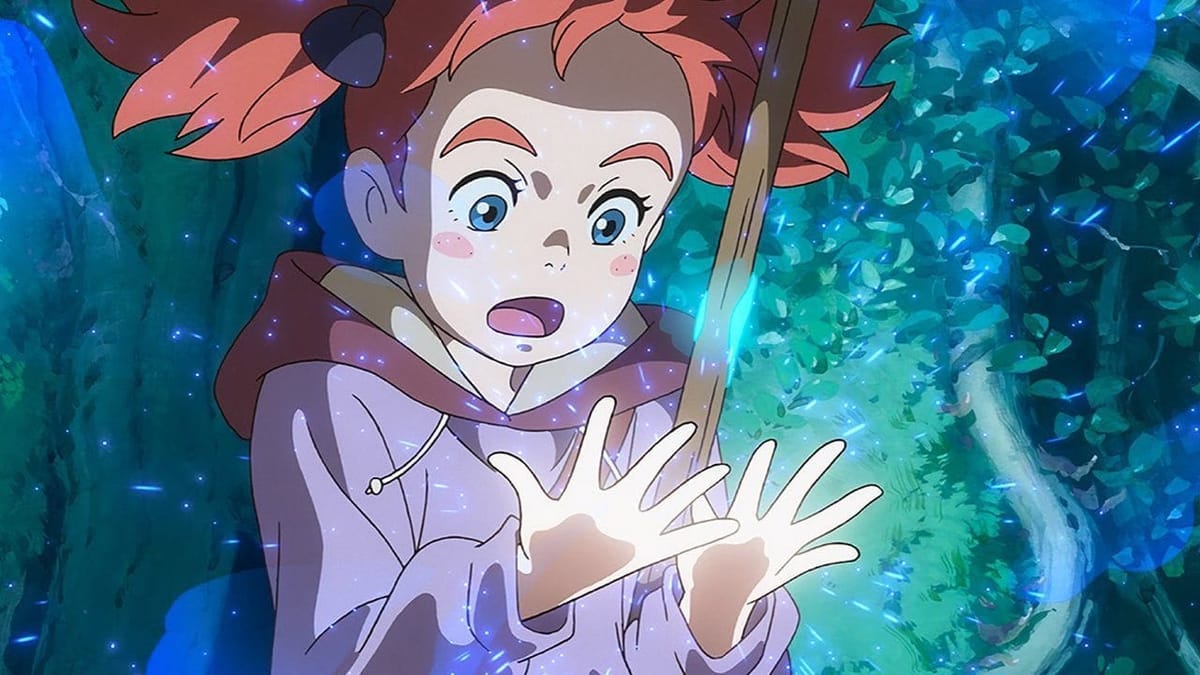
Never Let Me Go (2010)
Never Let Me Go is based on the acclaimed novel of the same title by a prominent British author, Kazuo Ishiguro. It is the second feature film for Mark Romanek, who is regarded as one of the most creative music video directors (Closer for Nine-Inch Nails, and Hurt, a Nine-Inch

The Perfumed Nightmare (1977)
Kidlat Tahimik’s The Perfumed Nightmare is a wildly enchanting masterpiece, one of a kind in the truest sense of the word. It is truly magical, not only because the main protagonist, Kidlat, embodies child-like fascination for the world and what it can offer, but because it demonstrates an individual’

The Zero Theorem (2013)
Terry Gilliam’s The Zero Theorem is the last of his dystopian trilogy, following Brazil (1985) and 12 Monkeys (1995). Or, at least, that is what Gilliam had in mind when he planned and directed this movie. Despite many similarities with Gilliam’s past efforts, however, this is not a

Far From the Madding Crowd (2015)
Thomas Vinterberg’s Far from the Madding Crowd is a fine period drama with a great cast and flawless mise en scène. It is based on Thomas Hardy’s novel of the same name, and this is the fourth film adaptation. The main role, Bathsheba Everdene, brilliantly performed by Carey

Clouds of Sils Maria (2014)
Olivier Assayas’ Clouds of Sils Maria is a complex meditation on subjects such as life, death, ageing, and relationships between close associates (both of the opposite and the same gender). It probes how participation in art affects a participant’s life, how life shapes art, how the contemporary celebrity culture

Norte, The End of the History (2013)
Lav Diaz’s Norte, The End of the History is a film of great length and ambition. It is said to be based on Fyodor Dostoyevsky’s masterpiece, Crime and Punishment, and is generally accepted as a brilliant adoption of the literary classic to contemporary Filipino life, with comparable depth

Our Kind of Traitor (2016)
The world seen through the eyes of a spook is a dark and lonely place, and so is the world of crime. This is something John le Carré knows all too well; before joining the rank of one of the most respected living authors, the Briton served MI6 during the

I Kill Giants (2017)
Conventional wisdom tells us that imagination is invaluable. Yet, it is not clear just how do we appreciate it and why. The answer to this question is not as straightforward as it first appears. Whilst many points to the role of imagination for great artists, scientists and entrepreneurs, we must

Freckles (2016)
Denise Papas Meechan’s Freckles rattles with emotional urgency and intensity of our protagonist, Lizzie (Jenn Halweil), who, like many of us, suffers from low self-esteem and an uninspiring life. And, like many of us, she ‘knows’ the source of her unhappiness, and this ‘curse’ is presumably something we cannot

Dead Man (1995), Part I
Preamble On the 8th of November 2016, the Nobel laureate for economics, Paul Krugman, wondered whether the USA had become a ‘failed state and society’’. The statement found in a brief article written for the New York Times is a crystallised expression of his utter bewilderment, disbelief, and despair not

Dead Man (1995), Part II
Introduction In Part I, we traced the way in which Jim Jarmusch challenged the idealised notion of the ‘American Frontier’. By offering a sober representation of life in colonial outposts, Jarmusch effectively destroys the idealised image of ‘The Frontier’ wherein America’s alleged ’Manifest Destiny’ was to be fulfilled. The

Dead Man (1995), Part III
Introduction In Part II of this article, we have examined how Jarmusch dismantles Frontier Myth, thereby deconstructing America’s narcissistic collective self-image. Following the opening act of demolishing the idealised notion of the American ‘Frontier’ with a sober representation of a colonial outpost in Part I, Jarmusch exposes the dark

There Will Be Blood (2007)
First Deeds The United States of America, the first ‘democratic republic’, is founded upon a myriad of mistrusts, confusions, and contradictions as the circumstances regarding its process of independence from the Britain forced an uneasy alliance of groups with conflicting interests and ideas. Yet, as we have examined through the

The Master (2012): Part 1
Pax Americana After the WWII ended in the victory for the Allies, America positioned itself as the leader of the ‘Free World’: it was supposedly the best time to be an American. Jazz was at its coolest, Elvis reigned the chart (sadly, not Chuck Berry, who is now belatedly credited

Ex Machina (2015)
Introduction Alex Garland’s Ex Machina is generally thought to be an excellent Sci-Fi film, garnering international acclaim as one of the most remarkable indy films in recent years. Much has been written about its special effects, the science behind it, and the future of Artificial Intelligence and its possible

Happy Birthday, David
Happy Birthday, David, a promotional short film directed for Ridley Scott’s Prometheus (2012), begins with a question: What is it about robots that makes them so robotic? It is a darkly satirical piece, intelligently led by Michael Fassbender as David, the first android who (or ‘which’, depending on one’
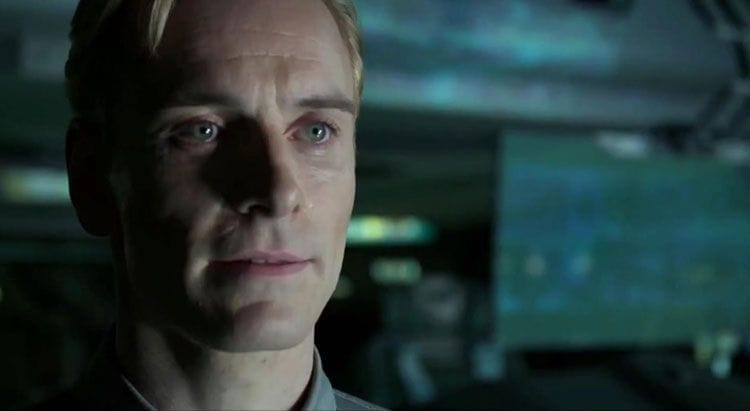
Brooklyn (2015)
Brooklyn, directed by John Crowley based on Colm Tóibín’s novel of the same name, is a lovely and unexpectedly uplifting film in a very interesting way. It tells the story about a young Irish immigrant to the United States, and, despite the trials and suffering she experiences along the way,

The Big Short (2015)
In the last article on Brooklyn (2015), I questioned the reasons why we gravitate toward the notions of the Promised Land and the Golden Age, and why the film, which is set in 1952, represents them as the American Dream with its youthful optimism in the year 2015. In this
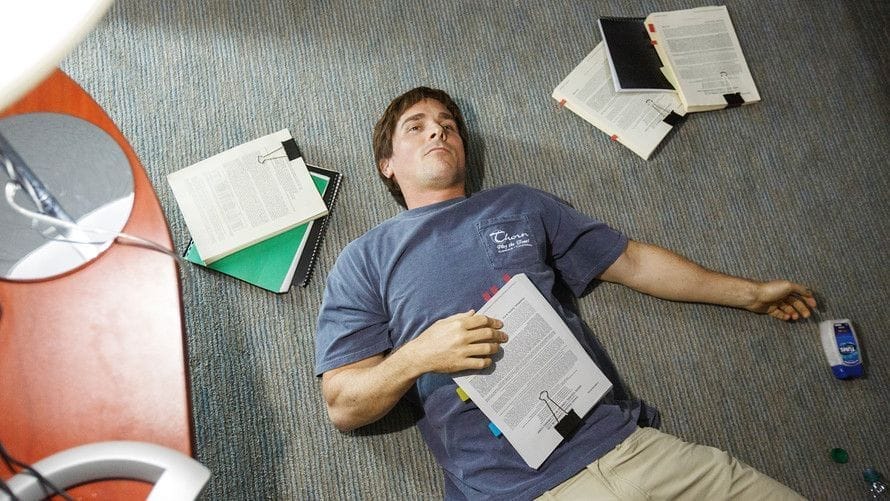
Lost River (2014)
Despite universal condemnation, Ryan Gosling’s directorial debut, Lost River, is a fascinating piece of cinematic art. Whilst I wish to write an in-depth analysis of this feature, I am going to focus on just one aspect of the film on this occasion. This article forms a part of a

The Man Who Fell To Earth (1976)
In the last article on Ryan Gosling’s directorial debut, Lost River (2014), I have settled with the concept advanced by both Gosling and David Bowie: In order to go on in the world without any false hope of retaining/attaining a messianic redemption, we must find strength in the

Lady Bird (2017)
Lady Bird is a deceptively ‘little’ cinematic gem which magically defies contemporary standard definitions of what makes a film ‘great’. There is no flashy CGI. There is no messianic drama involving an evil, destructive force that poses an existential threat to ‘all life’. There is no grave historical reference (e.

Control (2007)
The Ian Curtis biopic, Control, is a film that touches a vulnerable spot despite its cooly restrained direction. This is certainly the case for everyone involved in the production. The director, Anton Corbijn, not only knew the people in and around the band personally, he was one of the early

Her Smell (2018)
Samuel Beckett, stood in the midst of the ruin of Europe, once uttered: I can’t go on; I go on. Whilst this remarkable utterance represents the human condition with such clarity and simplicity, the Irish author’s insight should not be confused as the final word on all possible

Studio Ghibli and Modernity
Preamble This is the first article of the series, Studio Ghibli as a section of Japan and Modernity, which aims to examine Japan’s experience of modernity through the critical analysis of Studio Ghibli’s feature films. It is a part of an effort to articulate Japan’s experience of
